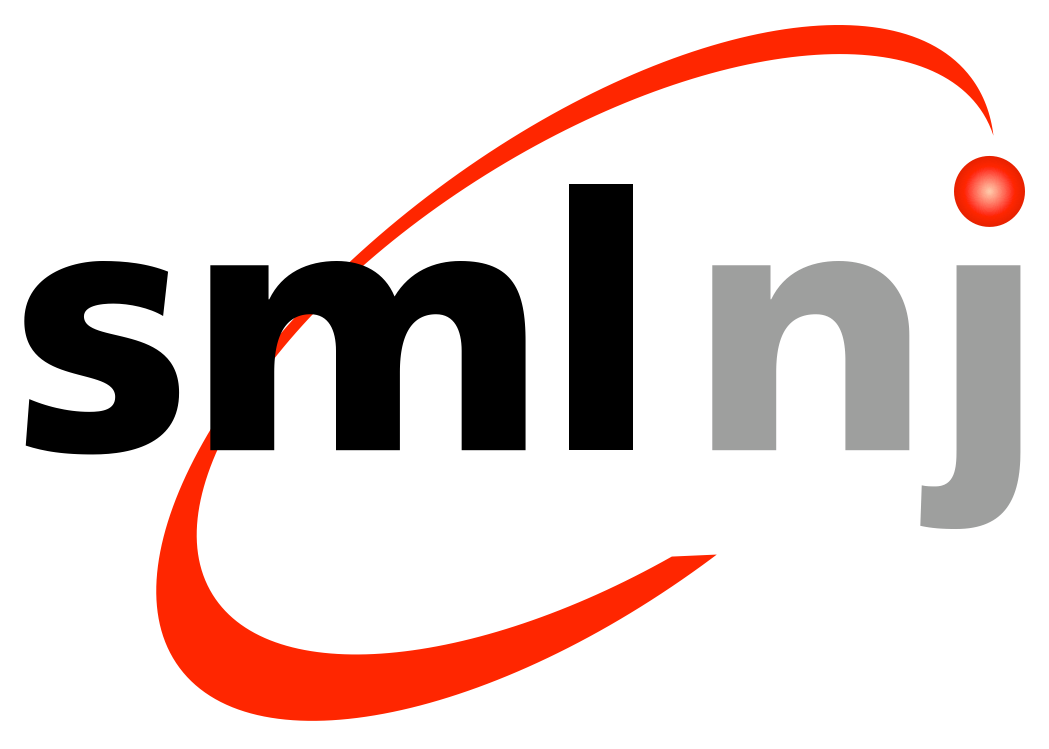The JSONStreamParser structure provides an event-based
(or stream) parsing model for JSON files. It is suitable
for scanning large files for particular items without having
to first build an in-memory data structure. It can also
be useful to directly translate from JSON to a specific SML
datatype without having to go through the intermediate
JSON.value representation.
Synopsis
structure JSONStreamParserInterface
type source
type 'ctx callbacks = {
null : 'ctx -> 'ctx,
boolean : 'ctx * bool -> 'ctx,
integer : 'ctx * IntInf.int -> 'ctx,
float : 'ctx * real -> 'ctx,
string : 'ctx * string -> 'ctx,
startObject : 'ctx -> 'ctx,
objectKey : 'ctx * string -> 'ctx,
endObject : 'ctx -> 'ctx,
startArray : 'ctx -> 'ctx,
endArray : 'ctx -> 'ctx,
error : 'ctx * string -> unit
}
val openStream : TextIO.instream -> source
val openFile : string -> source
val openString : string -> source
val close : source -> unit
val parse : 'ctx callbacks -> (source * 'ctx) -> 'ctx
val parseFile : 'ctx callbacks -> (string * 'ctx) -> 'ctxDescription
type source-
The abstract type of JSON input sources. Note that this type is the same as
JSONParser.source. type 'ctx callbacks = { … }-
This type is a record of the parsing-event call-back functions, where the type parameter
'cxtis instantiated to the context (or state) needed to preserve information between events. The call-back functions in this record type are invoked as follows:null : 'ctx -> 'ctx-
called when the JSON null value is encountered.
boolean : 'ctx * bool -> 'ctx-
called when the JSON true or false values are encountered.
integer : 'ctx * IntInf.int -> 'ctx-
called when a JSON integral-number value encountered.
float : 'ctx * real -> 'ctx-
called when a JSON floating-point-number value encountered.
string : 'ctx * string -> 'ctx-
called when a JSON string value encountered.
startObject : 'ctx -> 'ctx-
called at the beginning of a JSON object definition (i.e., when a “{” is encountered).
objectKey : 'ctx * string -> 'ctx-
called when a JSON object key is encountered (including the "`:"). The next call-back will specify the value associated with the key.
endObject : 'ctx -> 'ctx-
called at the end of a JSON object definition (i.e., when a “}” is encountered).
startArray : 'ctx -> 'ctx-
called at the beginning of a JSON array definition (i.e., when a “[” is encountered).
endArray : 'ctx -> 'ctx-
called at the end of a JSON array definition (i.e., when a “]” is encountered).
error : 'ctx * string -> unit-
called when a syntax error is encountered in the input. The second argument is an error message describing the error. It is expected that this call-back does not return (i.e., it either raises an exception or terminates the program). If it does return, then the parser will raise the
Failexception.
val openStream : TextIO.instream → source-
openStream inSreturns a input source for the given input stream.
val openFile : string → source-
openStream filereturns a input source for the given file. This function opens an input stream for reading from the file, so one should make sure to callcloseon the source once all of the JSON values have been read from the file. val openString : string → source-
openStream sreturns a input source for the given string.
val close : source → unit-
close srccloses the input source, which has the effect of marking the source as closed. Furthermore, ifsrcwas created by a call toopenFile, then the underlying input stream that was created for the file is closed. This function does not close the input stream for sources created byopenStream
val parse : 'ctx callbacks -> (source * 'ctx) -> 'ctx-
parse cbs (src, cxt)will parse the JSON input from the input sourcesrc, using the record of call-back functionscbsand the initial contextcxt. val parseFile : 'ctx callbacks -> (string * 'ctx) -> 'ctx-
parse cbs (f, cxt)will parse the JSON input from the filef, using the record of call-back functionscbsand the initial contextcxt. Note that this function will only parse a single JSON value from the file; to parse multiple values, one should used theparsefunction with a source created byopenFile.
Exampless
Consider the following JSON input:
{ "a" : 23,
"b" : [ false, true ],
"c" : "hello world"
}Parsing this value has the same result as evaluating the following function:
fun f cxt = let
val cxt = startObject cxt
val cxt = objectKey (cxt, "a")
val cxt = integer (cxt, 23)
val cxt = objectKey (cxt, "b")
val cxt = startArray cxt
val cxt = boolean (cxt, false)
val cxt = boolean (cxt, true)
val cxt = endArray cxt
val cxt = objectKey (cxt, "c")
val cxt = objectString (cxt, "hello world")
val cxt = endObject cxt
in
cxt
endThe following function returns a list of all of the string-valued
fields labeled as "name" in the input file.
fun getNames file = let
fun objectKey ({names, ...}, "name") = {names = names, isName = true}
| objectKey (cxt, _) = cxt
fun string (cxt as {names, isName}, s) = if isName
then {names = s :: names, isName = false}
else cxt
fun default ({names, isName}, _) = {names = names, isName = false}
val cbs = {
null = Fn.id,
boolean = default,
integer = default,
float = default,
string = string,
startObject = Fn.id,
objectKey = objectKey,
endObject = Fn.id,
startArray = Fn.id,
endArray = Fn.id,
error = fn (_, msg) => raise Fail msg
}
val {names, ...} =
JSONStreamParser.parseFile cbs (file, {names = [], isName = false})
in
List.rev names
end